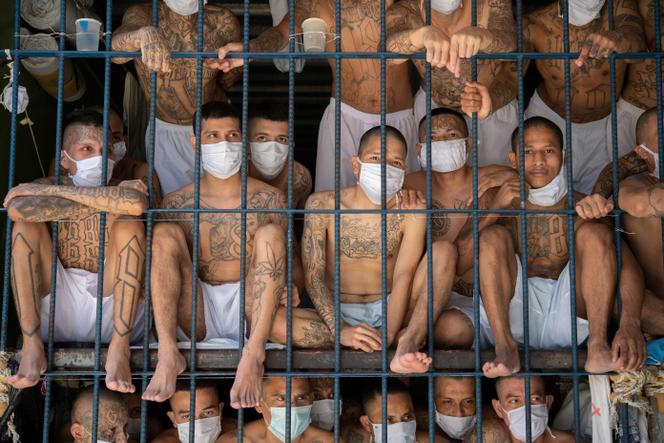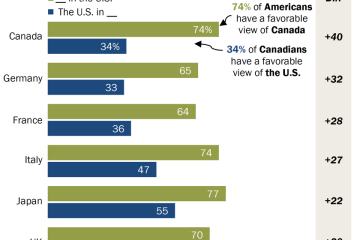Recent Developments in El Salvador: Economic and Social Updates

Introduction
El Salvador, the smallest country in Central America, is becoming increasingly relevant on the global stage for both its economic reforms and social issues. With a population of approximately 6.5 million, the country’s policies and innovations are drawing attention from international observers and investors alike. As it navigates issues such as migration, cryptocurrency adoption, and political reforms, understanding El Salvador’s current developments has never been more important.
Economic Reforms and Innovations
El Salvador made headlines in 2021 when it became the first country to adopt Bitcoin as legal tender. This bold move aimed to boost financial inclusion among its largely unbanked population and attract foreign investment. Since then, the government has invested heavily in building cryptocurrency infrastructure, including Bitcoin ATMs and mobile applications.
Recent statistics from the Central Bank of El Salvador indicate a slight increase in remittances, a vital source of income for many Salvadorans, partly attributed to the use of Bitcoin for cross-border transactions. Additionally, President Nayib Bukele’s administration has introduced several initiatives to improve the business climate, including deregulation of certain industries, aiming to foster entrepreneurship and innovation.
Social Challenges
Despite these dreams of economic advancement, El Salvador continues to grapple with significant social challenges. Chief among them is the issue of gang violence, which has plagued the country for decades. The government’s recent efforts to combat this issue have resulted in a considerable police presence and strict enforcement of laws. These measures have been controversial and not without criticism, including concerns over human rights abuses.
Moreover, El Salvador’s healthcare system is under tremendous strain, exacerbated by the COVID-19 pandemic. While the government has worked to improve healthcare access and vaccination rates, many citizens continue to face difficulties in obtaining adequate medical care.
International Relations and Migration
El Salvador’s relationship with its northern neighbor, the United States, remains crucial due to immigration patterns. Many Salvadorans migrate to the U.S. seeking better economic opportunities, which has led to complex discussions around immigration policy. Recently, dialogue has intensified between the two nations, focusing on how to address the root causes of migration.
Conclusion
The situation in El Salvador is multifaceted, intertwining economic innovation with ongoing social challenges. As the country seeks to balance its ambitious tech-driven future while addressing systemic issues like violence and healthcare, its path forward remains uncertain. Observers predict that the outcomes of El Salvador’s current policies will greatly influence its stability and growth in the coming years. For readers following El Salvador’s journey, understanding these dynamics is essential for grasping the broader trends affecting Central America.









